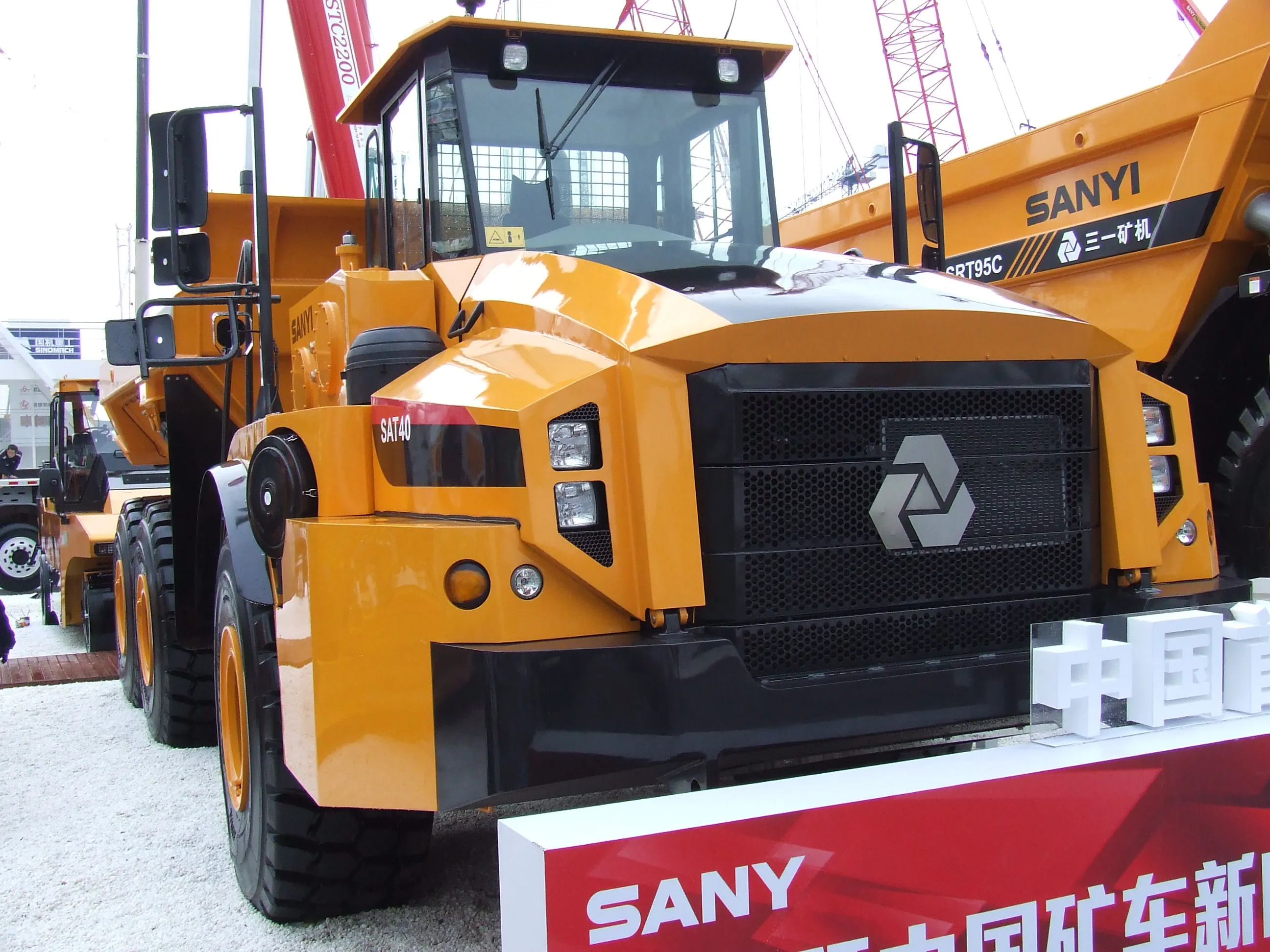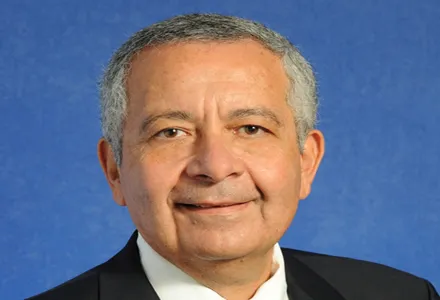Professor José Manuel Viegas has been chosen as Secretary-General-elect of the International Transport Forum.
Ministers from the 53 member countries of the Forum agreed to appoint Viegas, an intergovernmental organisation within the OECD family that acts as a global transport policy think tank, during their Annual Summit in Leipzig, Germany.
Viegas, from Portugal, is expected to take up office this summer, taking over from Michael Kloth of Germany, who led the Forum as acting secretary-General since Novem
May 4, 2012
Read time: 2 mins
Professor José Manuel Viegas has been chosen as Secretary-General-elect of the 1102 International Transport Forum.
Ministers from the 53 member countries of the Forum agreed to appoint Viegas, an intergovernmental organisation within the OECD family that acts as a global transport policy think tank, during their Annual Summit in Leipzig, Germany.
Viegas, from Portugal, is expected to take up office this summer, taking over from Michael Kloth of Germany, who led the Forum as acting secretary-General since November of last year.
Secretary-General-elect Viegas said: “I am grateful to the Ministers for electing me as the new Secretary-General of the International Transport Forum. I look forward to make it a prime example of ‘network governance’, to foster innovative transport policies based on solid knowledge.”
Professor Viegas comes to his new leadership position at the ITF from an internationally acclaimed career as an academic and consultant. He is a professor of civil engineering at the University of Lisbon and the chairman of Transport, Innovation and Systems s.a. (TIS.pt) a transport consultancy firm.
Ministers from the 53 member countries of the Forum agreed to appoint Viegas, an intergovernmental organisation within the OECD family that acts as a global transport policy think tank, during their Annual Summit in Leipzig, Germany.
Viegas, from Portugal, is expected to take up office this summer, taking over from Michael Kloth of Germany, who led the Forum as acting secretary-General since November of last year.
Secretary-General-elect Viegas said: “I am grateful to the Ministers for electing me as the new Secretary-General of the International Transport Forum. I look forward to make it a prime example of ‘network governance’, to foster innovative transport policies based on solid knowledge.”
Professor Viegas comes to his new leadership position at the ITF from an internationally acclaimed career as an academic and consultant. He is a professor of civil engineering at the University of Lisbon and the chairman of Transport, Innovation and Systems s.a. (TIS.pt) a transport consultancy firm.







